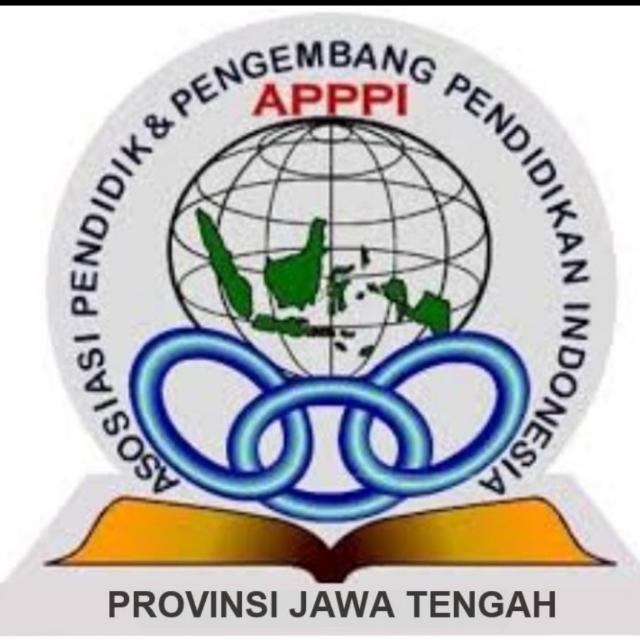Desain Program Edupreneurship TK Negeri Pembina Pecalungan Kabupaten Batang Edupreuneur dengan Memberdayakan Orangtua dalam Ekosistem Sekolah Melalui Olahan Makanan Berbahan Dasar Singkong
DOI:
https://doi.org/10.58204/pe.v1i2.50Keywords:
cassava, edupreneurship, food processing, program designAbstract
Early childhood education is a place for children's growth and development which has many impacts on the lives of children in society later. Early childhood has great potential, so it is necessary to instill character values ??from an early age. The values ??that need to be instilled are the values ??that exist in family, school and community life. One of the important values ??instilled is the value of independence contained in entrepreneurship. In the world of education, entrepreneurship is presented in the form of edupreneurship. Edupreneurship is entrepreneurship education given to children, so they have experience in entrepreneurship activities. The purpose of this research is to develop an edupreneurship program design at Pembina Pecalungan State Kindergarten, Kab. Stem. By getting help from parents in the school ecosystem in processing cassava-based food. The research method used is a class action research method consisting of planning, implementing, supervising, and reflecting. The subjects of this research were the students of TK Pembina Pecalungan, Kab. Stem. The results of this study are to show the application of the edupreneurship program design in TK Pembina Pecalungan, Kab. Batang through parental assistance in managing cassava-based foods.
References
Aljabreen, H. (2020). Montessori, Waldorf, and Reggio Emilia: A Comparative Analysis of Alternative Models of Early Childhood Education. International Journal of Early Childhood, 52, 337–353.https://doi.org/10.1007/s13158-020- 00277-1
Butchon, R., & Liabsuetrakul, T. (2017). The Development and Growth of Children Aged Under 5 Years in Northeastern Thailand: A Cross-Sectional Study. Journal of Child and Adolescent Behaviour, 5, 2-6.https://doi.org/10.4172/2375- 4494.1000334
Crain, W. (2015). Theories of Development: Concepts and Applications: Concepts and Applications. Psychology Press.
Desmita. (2009). Psikologi Perkembangan Peserta Didik, Bandung: Remaja Rosda Karya.
Echols, J.M. & Shadily, H. (1989). English-Indonesia Dictionary. Jakarta: Gramedia Pustaka Utama
Kementerian Pendidikan Nasional. (2010). Bahan Pelatihan dan Pengembangan Pendidikan Kewirausahaan. Jakarta: Badan Penelitian dan Pengembangan Kurikulum.
Kuratko, D. F. (2016). Entrepreneurship: Theory, Process, and Practice. Cengage Learning.
Nurjanah, S. (2019). Kurikulum Berbasis Entepreneurship Perguruan Tinggi Keagamaan Islam Swasta (Studi Kasus Program Studi Pendidikan Guru Madrasah Ibtidaiyah di STIT Makhdum Ibrahim Tuban). Al Yasini : Jurnal Hasil Kajian dan Penelitian Bidang Keislaman dan Pendidikan, 4(1), 16- 27. http://ejournal.kopertais4.or.id/tapalkuda/index.php/alyasini/article/vie w/3522
Susanto, A. (2018). Bimbingan dan Konseling di Sekolah: Konsep, Teori, dan Aplikasinya. Kencana.
Yuliana, L. (2013). Penanaman Nilai-Nilai Moral pada Anak Usia Dini. Jurnal Ilmiah WUNY, 15(1), 1-10. https://doi.org/10.21831/jwuny.v15i1.3527
Downloads
Published
How to Cite
Issue
Section
License
Copyright (c) 2023 Pena Edukasia

This work is licensed under a Creative Commons Attribution-ShareAlike 4.0 International License.









